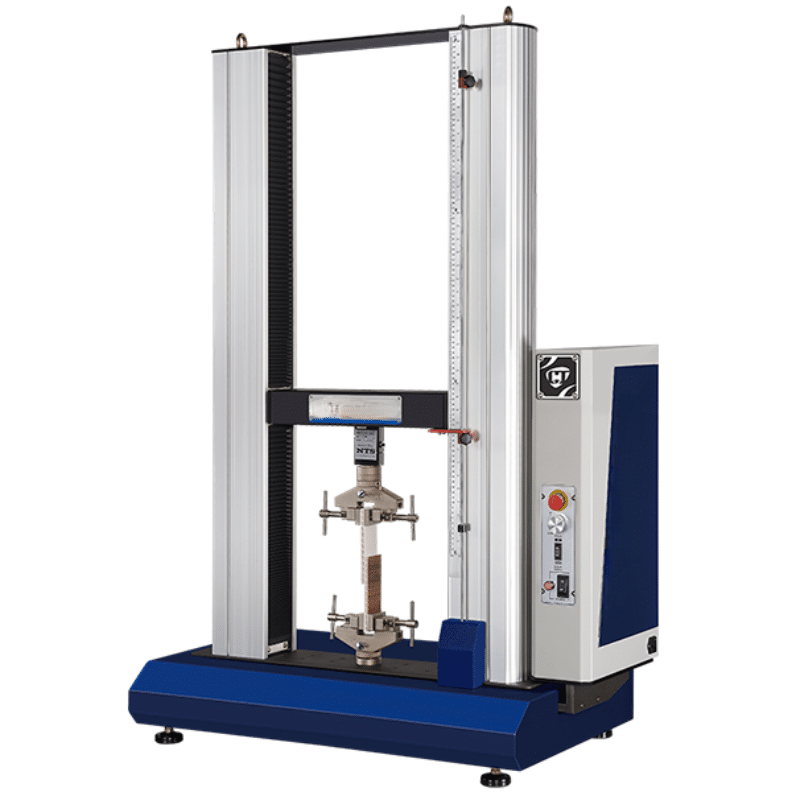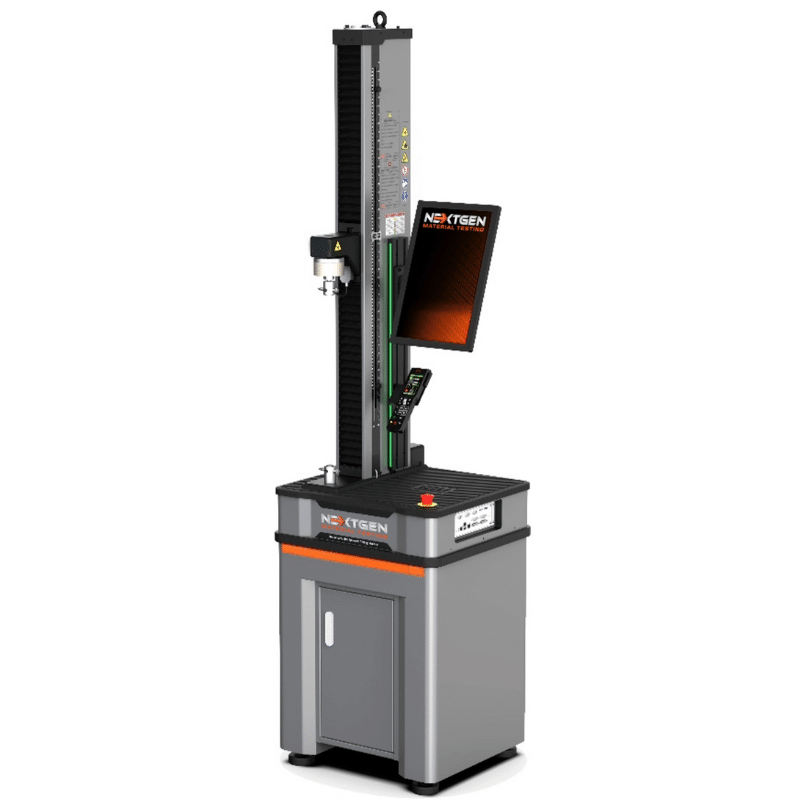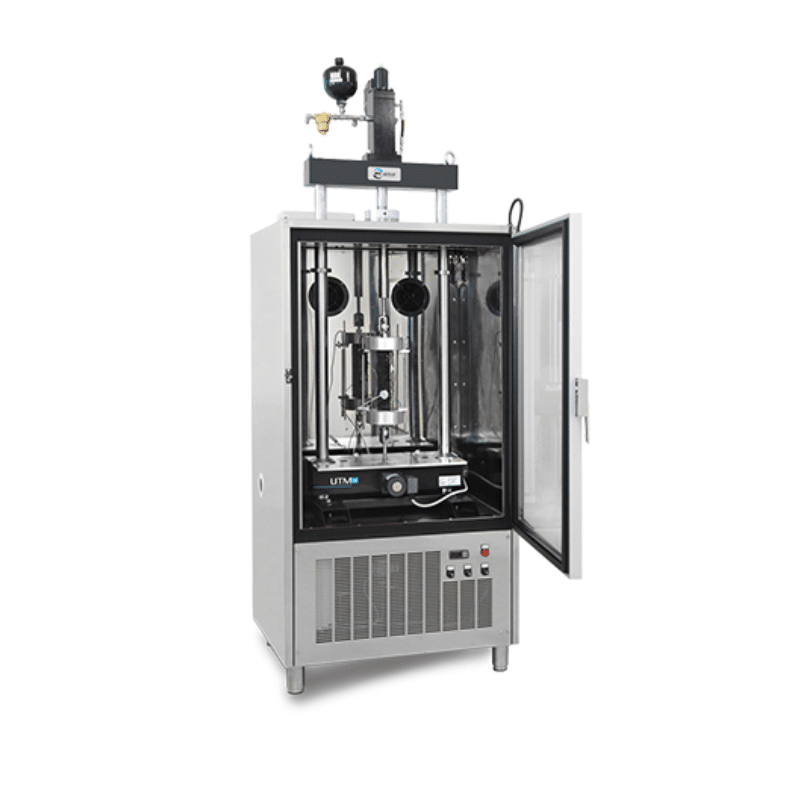Universal Testing Machine
Home » Test Machines » Universal Testing Machine
The Universal Testing Machine is a very versatile equipment to determine the mechanical properties of materials such as strength and durability. Using the essential universal testing machine parts, it performs a variety of tests, including making the universal testing machine perform the tensile test. Whether you might be a research worker or a manufacturer in China, you can rely on it for precision testing.
Get Information on Spaghetti Production Line Manufacturers
Find Your Universal Testing Machine
A Universal Testing Machine (UTM) is an apparatus meant to do general mechanical tests, such as tension, compression, and bending tests. An engineer or researcher, while having a universal testing machine sketch, can picture its structure, thereby allowing him/her to plan precise experiments. The bending test in a universal testing machine tests for flexibility, strength, and the structural integrity of material, so it is an important test for quality assurance in industries such as construction and aerospace. The working principle of a universal testing machine entails controlled application of force to samples and measurement of their deformation, thereby providing valuable knowledge and insight into their behavior under different stress conditions.

- High accuracy for material property testing.
- Precision load cell technology.
- Advanced data analysis software integration.

- High-resolution digital display panel.
- Energy-efficient and low maintenance requirements.
- Versatile applications for different test setups.

- Hydraulic grips for secure sample holding.
- Advanced pressure regulation mechanisms.
- Suitable for tensile, compression, and bending tests.
Universal Testing Machine Technical Parameters
| Specification | Universal Material Testing Machine | Electronic Universal Testing Machine | Hydraulic Universal Testing Machine |
|---|---|---|---|
| Maximum Load Capacity | 50 kN | 100 kN | 300 kN |
| Load Accuracy | ±0.5% | ±0.5% | ±1.0% |
| Test Speed Range | 0.01 - 500 mm/min | 0.1 - 300 mm/min | 0.5 - 100 mm/min |
| Control Mode | Manual and Automatic | Fully Automatic | Semi-Automatic |
| Power Supply | 220V/50Hz | 220V/50Hz | 380V/50Hz |
| Application | Metals, Plastics, Rubber | Metals, Plastics, Textiles | Metals, Concrete, Building Materials |
| Frame Structure | Two-column | Four-column | Two-column |
| Data Output Option | Digital Display | Computer Interface | Digital Display |
Application of Universal Testing Machine
Tensile Testing
Compression Testing
Flexural Testing
Hardness Testing
Fracture Toughness Testing
Frequently Asked Questions
A universal testing machine, often abbreviated as UTM, is a device used to test the mechanical properties of materials under various forces such as tension, compression, and bending. It is widely used in material testing to evaluate strength, elasticity, and other characteristics of materials.
A universal testing machine operates by applying a controlled load to a specimen and measuring the resulting deformation or strain. The machine typically consists of two main components—load application (e.g., hydraulic or mechanical) and measurement systems. These systems work together to record values such as force, displacement, and stress-strain.
To use a UTM, secure the specimen in place using grips or fixtures appropriate for the specific test. Set up the required test parameters, such as speed, force range, and test type. Start the machine, which will begin applying force to the specimen, and monitor the results through the data acquisition software.
A UTM can perform a wide range of mechanical tests, including tensile testing, compression testing, bending tests, shear tests, and flexural testing. It caters to various industries for testing metals, polymers, composites, and other materials.
Measurement in a UTM is conducted using built-in sensors like load cells to measure force and extensometers to measure deformation. These measurements are displayed via software systems or digital screens, ensuring high accuracy and precision.
The purpose of a universal testing machine is to determine the mechanical properties of materials to ensure they meet design and safety standards. It helps engineers and quality control professionals in evaluating material performance under real-world stress conditions, aiding in product development and compliance testing.
